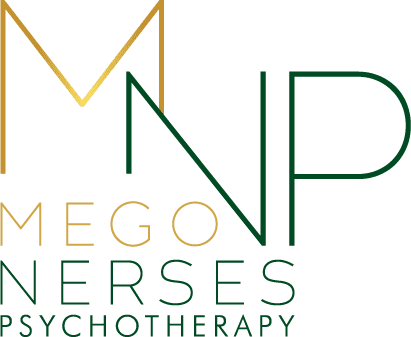How Survivors of Torture Can Reclaim Their Lives
Breaking the Chains of Trauma
Survivors of torture face significant psychological and physical trauma that can have a lasting impact on their health and well-being. In this article, we will explore the experiences of torture survivors and the effects of torture on their mental health. We will also explore the importance of seeking professional support and guidance to overcome the trauma associated with torture, and how psychotherapy can help survivors of torture on their journey of healing.
According to the United Nations, an estimated 50,000 people are tortured each year worldwide, with many more experiencing other forms of violence and abuse. Torture can take many forms, including physical abuse, sexual violence, and psychological manipulation. Survivors of torture may experience a range of physical and psychological symptoms, including chronic pain, anxiety, depression, and post-traumatic stress disorder (PTSD).
Studies have shown that up to 80% of survivors of torture experience symptoms of PTSD. PTSD is a mental health condition that can develop after a person experiences or witnesses a traumatic event, such as torture. Symptoms of PTSD include flashbacks, nightmares, avoidance behaviors, and hyperarousal.
Survivors of torture may also experience feelings of shame, guilt, and isolation. They may struggle to trust others and may have difficulty forming relationships. In addition, survivors may face social stigma and discrimination, which can further exacerbate their trauma.
It is important to note that healing from the trauma associated with torture is a journey. However, with the right support and guidance, it is possible to overcome the trauma and reclaim their lives. Professional psychotherapy can be a powerful tool for survivors of torture on their journey of healing. Through therapy, survivors can learn coping skills, process their emotions, and develop a sense of empowerment and control over their lives.
Mego Nerses, is a professional psychotherapist who specializes in working with trauma related issues, with his practice located in Ottawa, Ontario, Canada. Nerses has extensive experience working with survivors of torture and other forms of trauma, using evidence-based approaches such as cognitive-behavioral therapy (CBT), Eye Movement Desensitization and Reprocessing (EMDR), and mindfulness techniques.
In his practice, Nerses emphasizes the importance of creating a safe and supportive environment for survivors to share their experiences and work through their traumas. He also emphasizes the need for individualized treatment, as each survivor’s experience and needs are unique.
If you or someone you know is a survivor of torture, it is important to seek out professional support and guidance. Mego Nerses and other qualified psychotherapists can provide the tools and resources necessary to overcome trauma and reclaim one’s life. Contact Nerses or a qualified therapist in your area for help and support.
In addition to professional support, survivors of torture may benefit from connecting with other survivors. Support groups and community organizations can provide a sense of community and understanding for survivors of torture. These organizations can also provide resources and information on how to access professional support and guidance.
Sources:
• United Nations. (2021). Torture. Retrieved from https://www.un.org/en/sections/issues-depth/torture/
• Kira, I. A., Lewandowski, L., Templin, T., Ramaswamy, V., Ozkan, B., & Mohanesh, J. (2012). Measuring cumulative trauma dose, types, and profiles using a development-based taxonomy of adverse childhood experiences. Journal of Aggression, Maltreatment & Trauma, 21(2), 196-213.
• American Psychological Association. (2017). Clinical Practice Guideline for the Treatment of Posttraumatic Stress Disorder (PTSD) in Adults. Retrieved from https://www.apa.org/ptsd-guideline/ptsd.pdf

